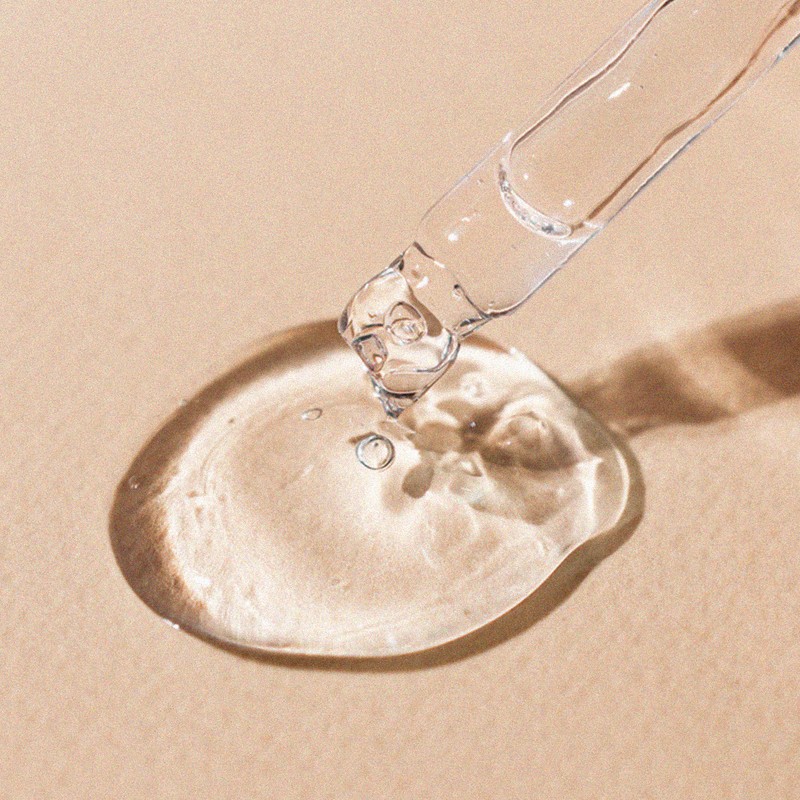5 Facts About Retinol Everyone Should Know
It's A Derivative Of Vitamin A
Retinol is a derivative of vitamin A and is known to combat various signs of ageing. It works by increasing cell turnover – a natural process that slows down as we get older. A lack of cell turnover is what will leave your skin looking dull, so incorporating retinol into your routine is one way to renew its appearance. I’ve seen fantastic results from using retinol – be it fading dark spots and pigmentation or just seeing a more even complexion. If you have fine lines and wrinkles, then retinol is good because it stimulates the production of collagen for plumper, smoother-looking skin.
There’s A Difference Between Retinol & Retinoids
You may have seen the terms retinol and retinoid being used interchangeably. Essentially, they’re both forms of vitamin A, but the main difference is the strength i.e. the time it takes for each ingredient to work and how easy it is to get a hold of. Tretinoin (retinoic acid) is the strongest retinoid you can get, but it requires a prescription from a qualified doctor. It is more potent than an over-the-counter retinol and gives you faster results. It’s a good option if you want to treat severe acne or sun damage. Try the Skin & Me Custom Skin Ageing Cream or the Obagi Tretinoin Cream 0.025%, via a consultation with Dr Amiee. Alternatively, you can buy retinol in stores and online. It isn’t as potent and takes a little longer to work but it will future proof your skin.
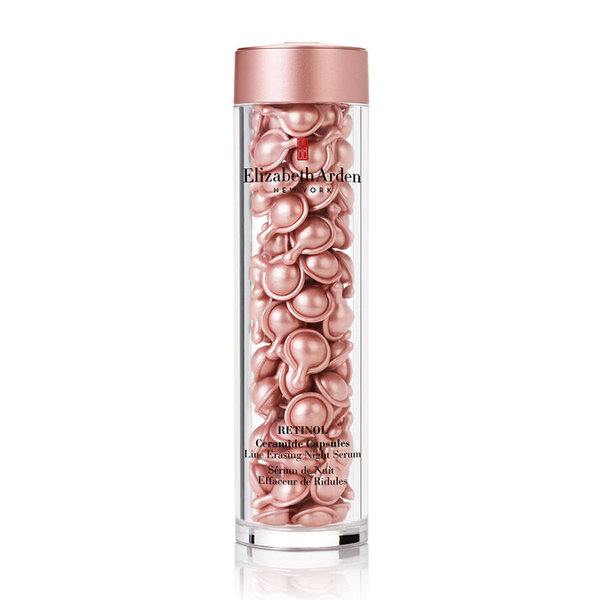
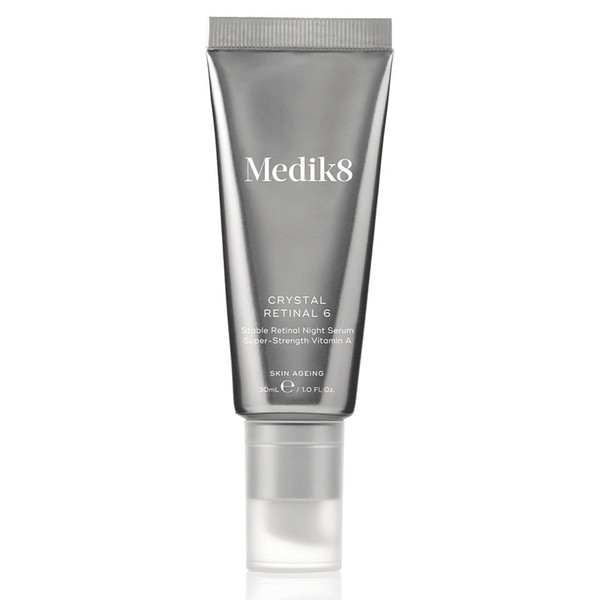
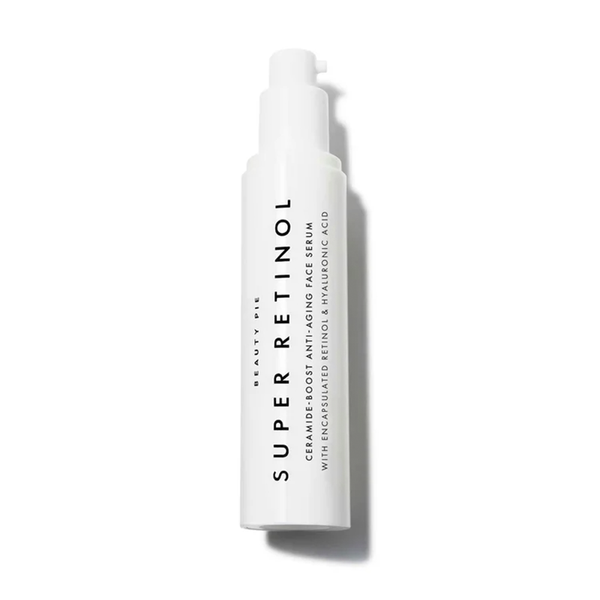
A Bit Of Irritation Is Normal
When you start to use retinol, you may notice some side effects due to the increase in cell turnover. Slight irritation in the form of dry skin, redness and flaky skin are all common issues but there are ways to combat them – one being the sandwich technique. I always apply a really hydrating serum before my retinol and then wait 20 minutes before applying a moisturiser on top. Look out for hydrating products that contain ingredients like ceramides that will help strengthen your skin barrier. Trust me, this technique will keep irritation to a minimum.
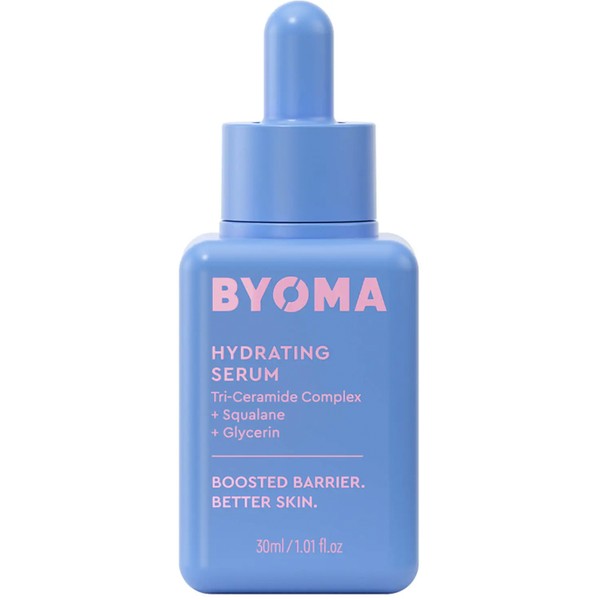
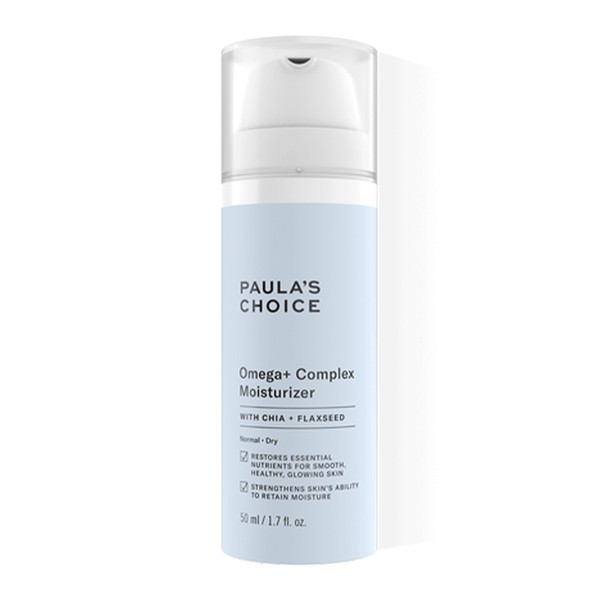
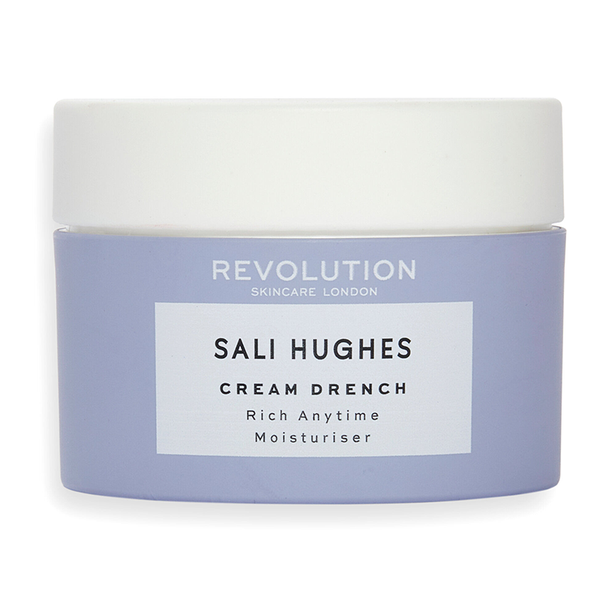
Retinol Alternatives Do Exist
For some people, using retinol isn’t a feasible option – you might find it too irritating, you could be pregnant or even breastfeeding. If you still want a product that delivers similar results, but is safe for you to use, there are retinol alternatives out there. One ingredient that has had lots of attention is bakuchiol. It’s a plant-derived antioxidant that works in a very similar way by boosting cell turn over and increasing collagen production – only it’s more suitable for those with sensitive skin.
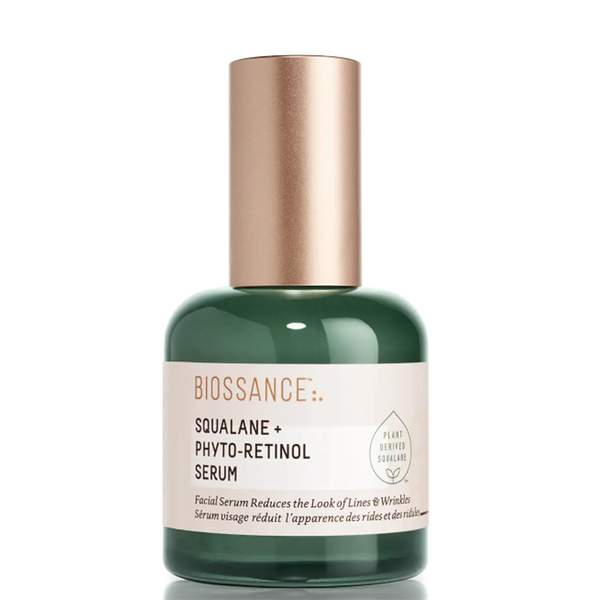
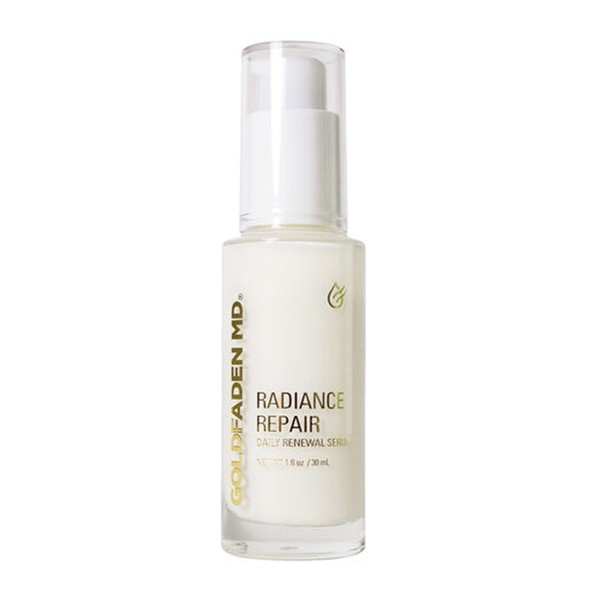
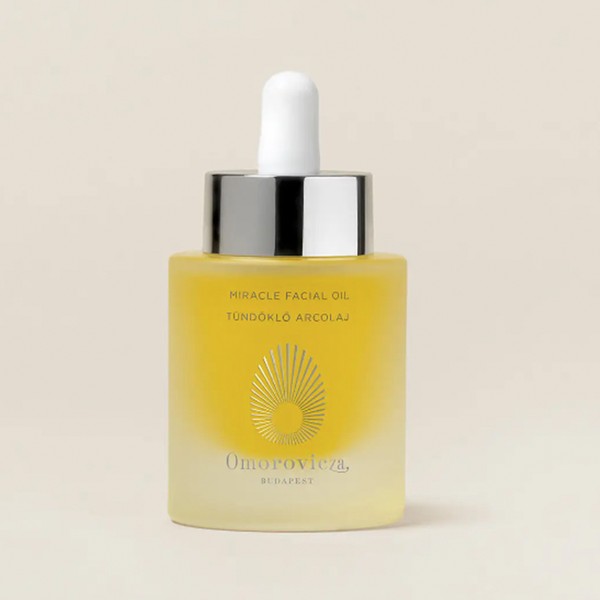
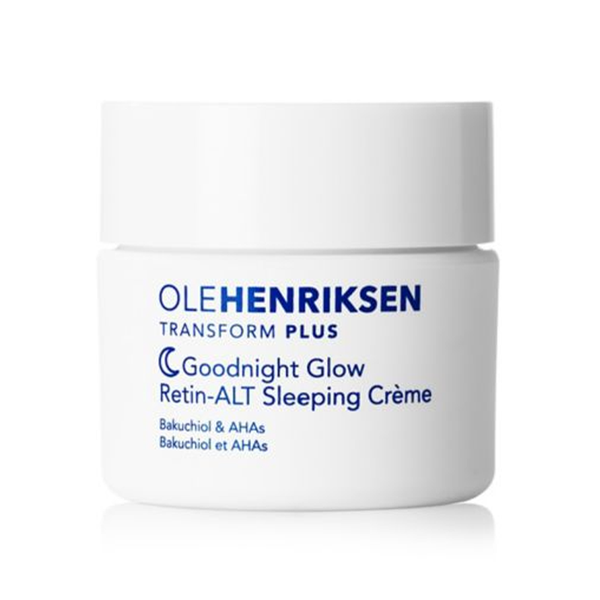
SPF Is An Essential Part Of Retinol Aftercare
Finally, it’s essential that when using a retinol you don’t spend too much time in the sun. Retinol makes your skin more sensitive. That’s why it’s often recommend you use retinol products as part of your night-time routine only. If you’re going on holiday and know you will be exposed to the sun this summer, then I say skip retinol all together. Wearing sunscreen every day is a must anyway – SPF30 or above will ensure maximum protection.
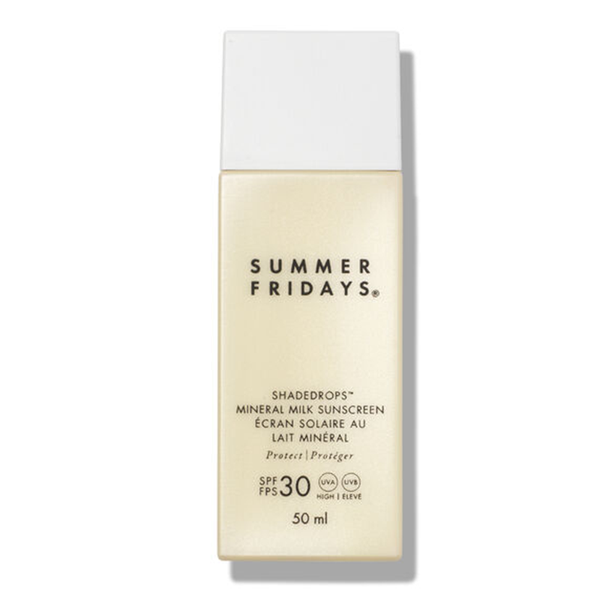


Follow @AdeolaGboyega
DISCLAIMER: We endeavour to always credit the correct original source of every image we use. If you think a credit may be incorrect, please contact us at info@sheerluxe.com.
